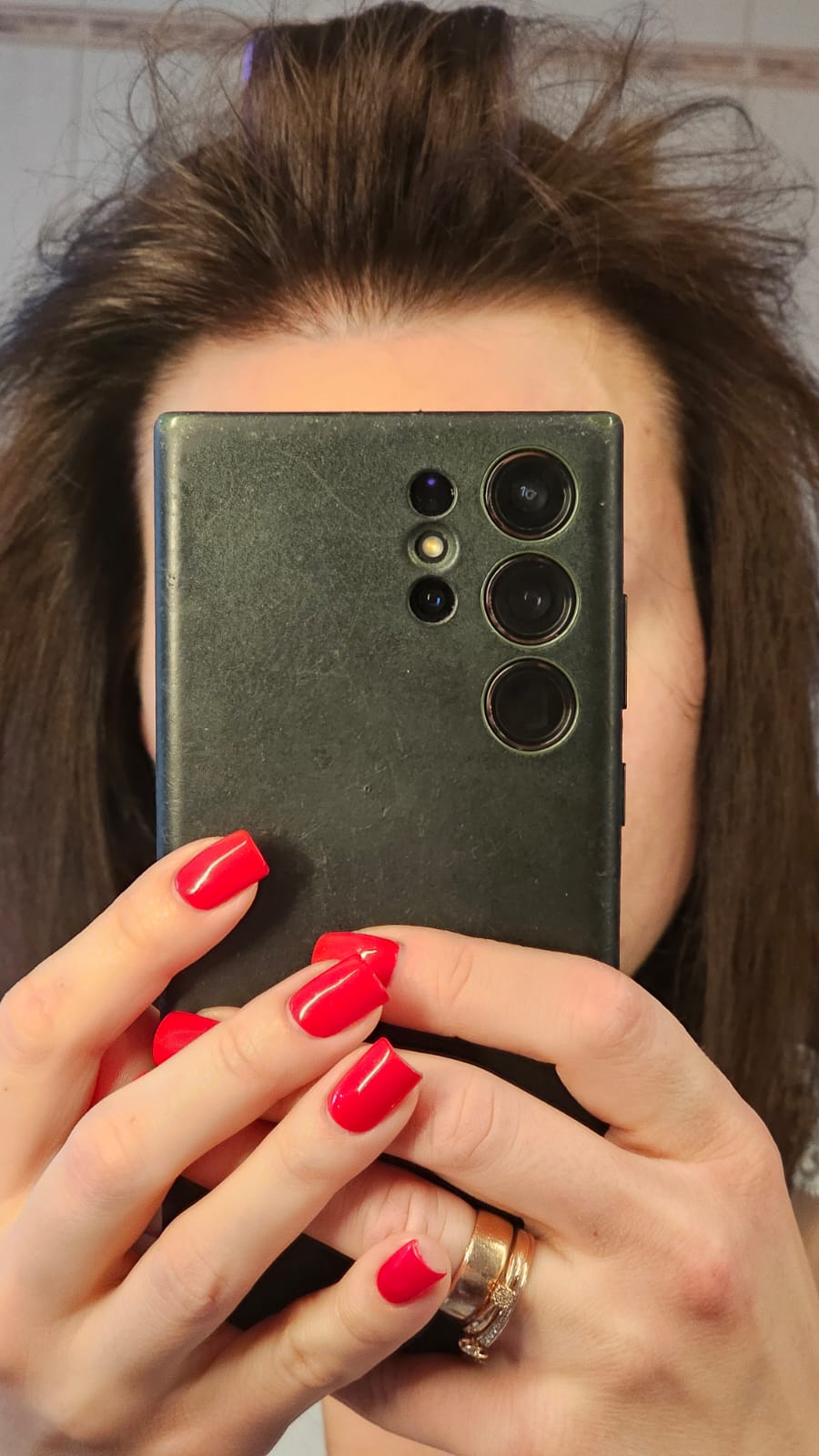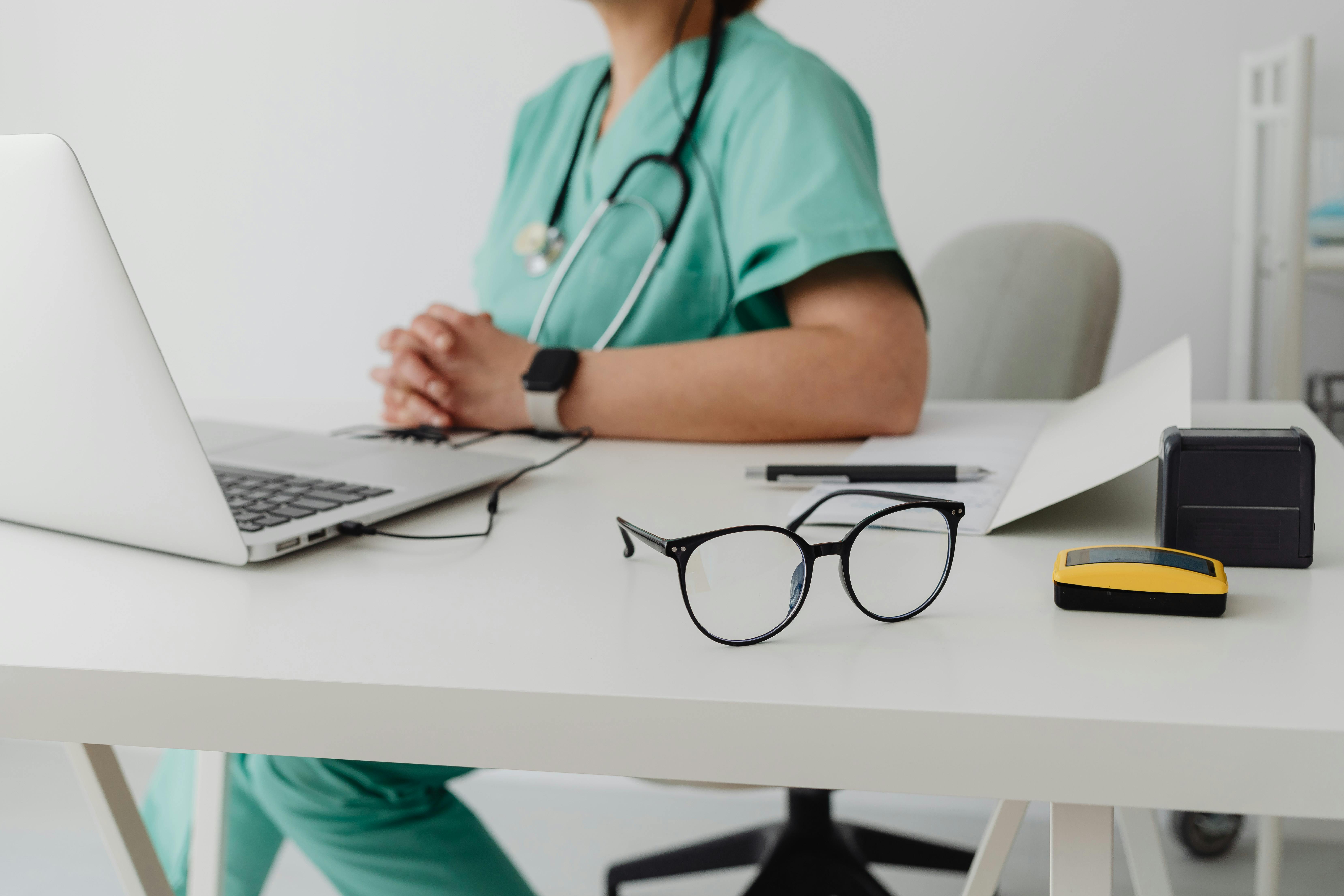
Autologous Cytokine-Induced Cell Therapy (CIK)
Cytokine-induced killer (CIK) cells have, as a key feature, a double T-cell and NK cell-like phenotype
This unique combination of T-cell and NK-cell capabilities exerts a potent and widely MHC -unrestricted anti-tumour cytotoxicity against a broad range of cancer cells.
How does Cytokine-induced killer cells affect cancer cells?
- During this immunotherapy, the NK cells are stimulated in the laboratory with the biologically active molecules (cytokines) and such stimulation triggers multiplication and activation of NK cells. Cytokine induced killer (CIK) cells have, as a key feature, a double T-cell and NK (Natural killer) cell-like phenotype. This unique combination of T-cell and NK-cell capabilities exerts a potent and widely MHC-unrestricted anti-tumour cytotoxicity against a broad range of cancer cells. What this means is that unlike other immune cells (e.g. T-Lymphocyte) which can only kill infected and malignant cells that have ‘red flags’ (such as MHC and antibodies) on them. CIK has the ability to identify and kill infected and cancer cells with or without these ‘red flags’. This factor potentiates a quick and an unbiased response of the immune system.
- CIKs alone or in combination with other therapies (dendritic cells, chemotherapy, radiotherapy, therapy of biological targets, etc.), have proven to be safe and efficient in clinical practice.
- CIK cells displayed a high cytotoxic potential against a broad range of varying tumour entities. CIK cell treatment has been proven to completely remit tumour burden, prolong survival durations and improve quality of life even in advanced disease stages.
Share
Before undergoing infusion therapy, it's important to ask your doctor or healthcare provider several questions to ensure that you are well-prepared and that the procedure goes smoothly.
Here are some questions you might consider asking:
- What specific medication or solution will be used in the infusion?
- How long will the infusion session take?
- Are there any special instructions I need to follow before the infusion?
- Should I eat or drink anything before the procedure?
- What are the potential side effects or risks associated with this therapy?
- Could you explain the process of the infusion to me?
- How can I contact medical staff if I have questions or issues during or after the infusion?
- Do I have any known medications or allergies that could affect this procedure?
- Could this therapy interact with any other medications I'm currently taking?
- What symptoms or side effects should I report after the infusion?
- How often will I need to receive this therapy?
- Are there any tests I need to have before or after the infusion?
- What are the expected benefits of this infusion therapy?
- Are there any dietary or activity restrictions I should follow before or after the infusion?
- How will I know if the infusion therapy is working for me?
- Is there any additional information or resources you can provide to help me understand this therapy better?
These questions can help you gain a clearer understanding of the infusion therapy, its purpose, and what to expect.
Important!
Open communication with your healthcare provider is key to ensuring that you have a safe and effective treatment experience.













